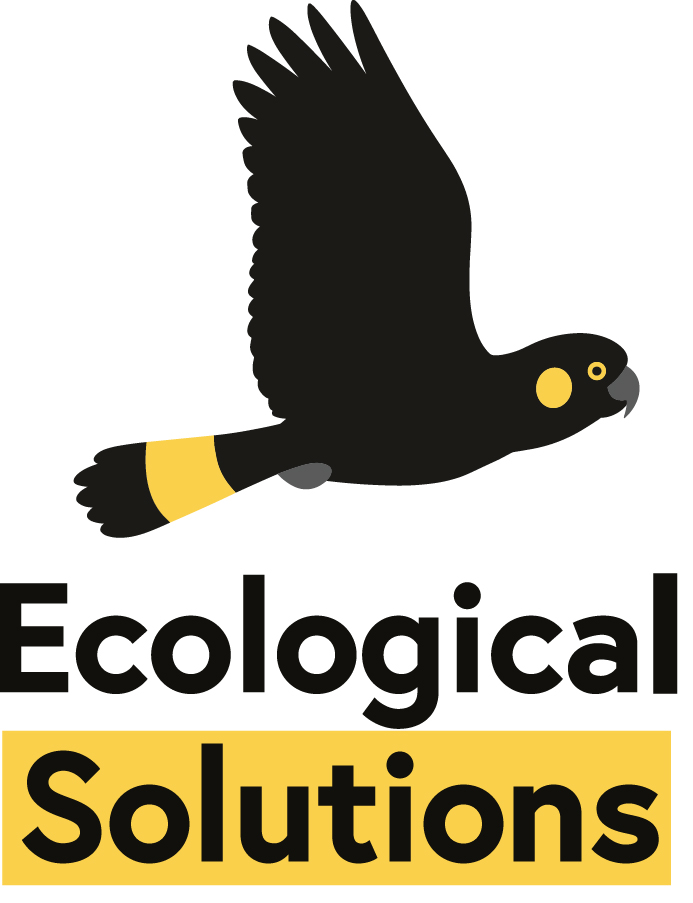Ecological impact assessments are crucial in ensuring that development projects in New South Wales (NSW) do not harm the environment. These assessments help identify potential impacts on ecosystems, wildlife, and natural resources, and provide recommendations for minimizing or mitigating these impacts. In NSW, there are several key considerations that must be taken into account when conducting ecological impact assessments.
One of the most important considerations for ecological impact assessments in NSW is the need to assess the potential impacts of a development project on biodiversity. Biodiversity refers to the variety of plant and animal species that exist in a particular ecosystem. Development projects can have a significant impact on biodiversity by destroying habitats, disrupting ecosystems, and introducing invasive species. It is important to assess the potential impacts of a project on biodiversity and develop strategies to minimize these impacts.
Another key consideration for ecological impact assessments in NSW is the need to assess the potential impacts of a project on water quality. Development projects can have a significant impact on water quality by polluting waterways, depleting groundwater resources, and disrupting natural water flow patterns. It is important to assess the potential impacts of a project on water quality and develop strategies to protect water resources and minimize pollution.
In addition to biodiversity and water quality, ecological impact assessments in NSW must also consider the potential impacts of a project on soil quality. Development projects can have a significant impact on soil quality by causing erosion, compaction, and contamination. It is important to assess the potential impacts of a project on soil quality and develop strategies to protect soil resources and minimize degradation.
One of the key considerations for ecological impact assessments in NSW is the need to engage with stakeholders and the community. Stakeholder engagement is essential for ensuring that all relevant parties are involved in the assessment process and have the opportunity to provide input and feedback. Community engagement is also important for ensuring that local communities are informed about the potential impacts of a project and have the opportunity to voice their concerns.
Overall, ecological impact assessments are an essential tool for ensuring that development projects in NSW are conducted in a sustainable and environmentally responsible manner. By considering key factors such as biodiversity, water quality, soil quality, and stakeholder engagement, developers can minimize the negative impacts of their projects on the environment and help protect NSW’s natural resources for future generations.
——————-
Check out more on Ecological impact assessments contact us anytime:
Ecological Consulting | Ecological Solutions – Central Coast NSW
https://www.ecologicalsolutions.co/
0434848732
Gosford, NSW, Australia
Ecological Solutions is an expert ecological consultant based on the Central Coast, practicing locally as well as servicing wider NSW. We specialise in biodiversity surveys, ecological impact assessments, and vegetation management plans. Get in touch for practical solutions and responsible project outcomes.
